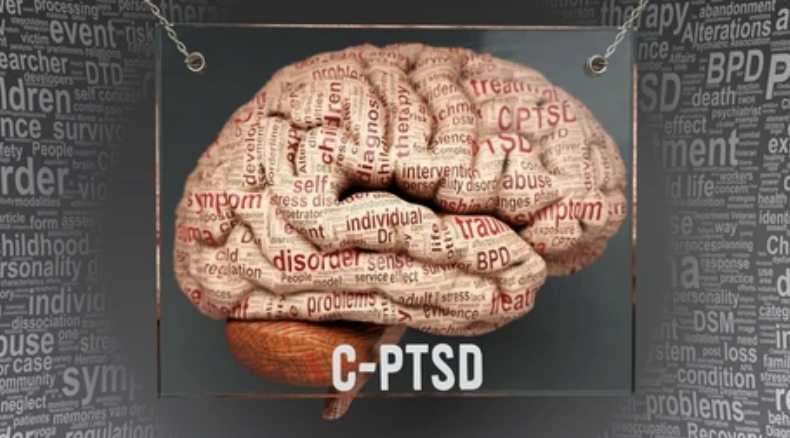 C-PTSD, which stands for Complex Post-Traumatic Stress Disorder, is a psychological condition that can develop in individuals who have experienced prolonged and repetitive trauma, such as childhood abuse, neglect, or exposure to ongoing traumatic events. It shares some similarities with PTSD (Post-Traumatic Stress Disorder) but differs in its nature and impact on a person’s psyche.
C-PTSD, which stands for Complex Post-Traumatic Stress Disorder, is a psychological condition that can develop in individuals who have experienced prolonged and repetitive trauma, such as childhood abuse, neglect, or exposure to ongoing traumatic events. It shares some similarities with PTSD (Post-Traumatic Stress Disorder) but differs in its nature and impact on a person’s psyche.
Self-compassion is an essential aspect of mental health and well-being, particularly for individuals dealing with trauma-related conditions like C-PTSD. Self-compassion involves treating oneself with kindness, understanding, and patience, especially during times of difficulty or suffering. It is about acknowledging and accepting one’s own imperfections and vulnerabilities without judgment.
For individuals with C-PTSD, self-compassion can play a significant role in the healing process. Here are some ways self-compassion can be beneficial:
- Reducing self-blame and shame: C-PTSD often leads to feelings of guilt and shame, as individuals may blame themselves for their traumatic experiences or struggle with the consequences of trauma. Self-compassion helps counteract these negative emotions by encouraging self-kindness and understanding.
- Encouraging emotional regulation: C-PTSD can lead to heightened emotional reactivity, making it challenging to manage intense feelings. Self-compassion promotes emotional regulation by fostering a gentle and caring attitude towards oneself when facing distressing emotions.
- Enhancing coping mechanisms: Self-compassion enables individuals to develop healthier coping mechanisms for dealing with triggers and stressful situations. It provides a supportive inner voice that can offer comfort and reassurance during difficult times.
- Building self-worth: People with C-PTSD may struggle with low self-esteem and feelings of worthlessness due to past trauma. Practicing self-compassion can help individuals recognize their inherent value and foster a more positive self-perception.
- Cultivating resilience: Trauma survivors often face ongoing challenges in their healing journey. Self-compassion can act as a buffer against setbacks and failures, promoting resilience and perseverance.
Practicing self-compassion can involve various techniques, such as:
- Mindfulness: Being present and non-judgmentally aware of one’s thoughts and feelings.
- Self-kindness: Treating oneself with the same warmth and understanding as one would treat a friend.
- Common humanity: Recognizing that everyone experiences suffering and challenges, making one’s struggles more relatable and less isolating.
- Self-encouragement: Offering oneself words of encouragement and support during tough times.
It’s important to note that self-compassion is not about indulging in self-pity or avoiding personal responsibility. Instead, it is a balanced approach to self-care and understanding that fosters growth and healing.
If you or someone you know is dealing with C-PTSD or any other mental health condition, it is essential to seek professional help from a mental health therapist or counselor experienced in trauma-related issues. They can provide appropriate guidance and support tailored to individual needs.




